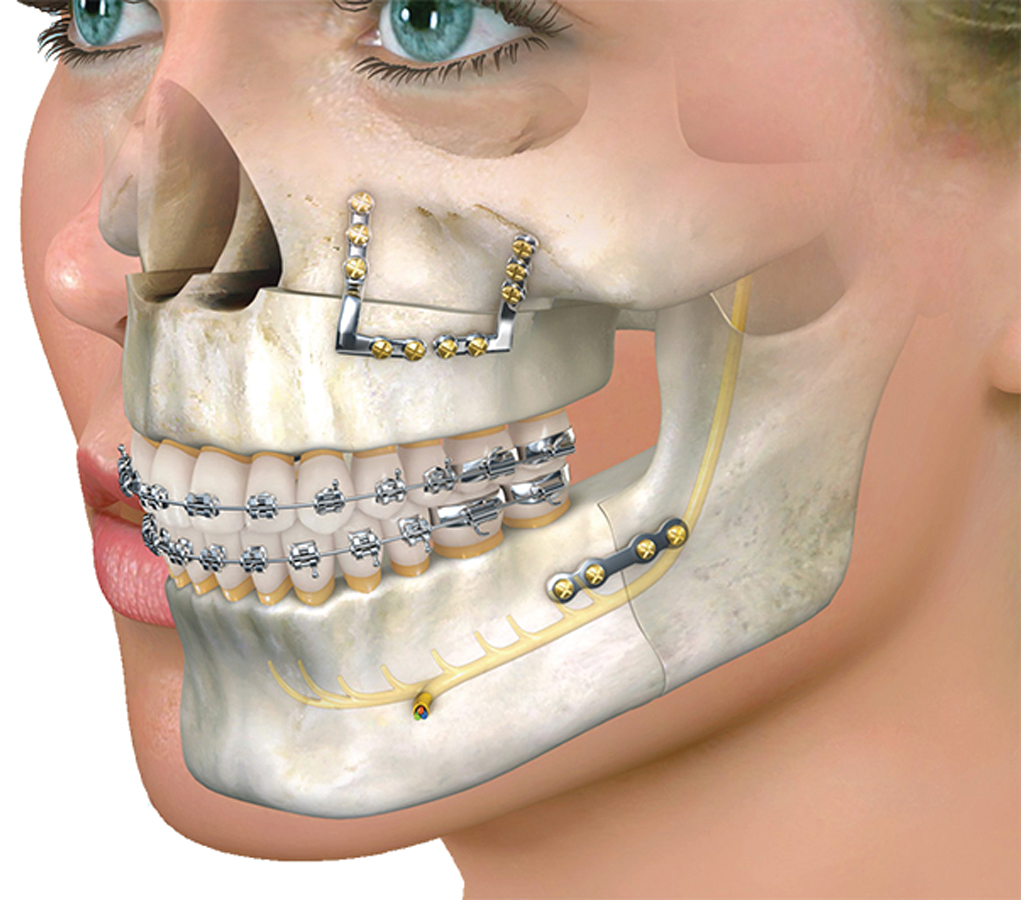Maxillofacial Surgery
Best Hospital for Maxillofacial Surgery In Kopargaon
A dental surgeon who specializes in maxillofacial surgery performs the procedure. A wide range of maxillofacial treatments can be used to treat illnesses, injuries, and deformities in the face, jaw, and mouth. Maxillofacial surgery, like any other procedure, carries some hazards. However, many patients benefit from the procedures in terms of pain relief, correction of anomalies, and restoration of function.
Oral and Maxillofacial Surgery refers to operations involving the mouth (oral), jaw (maxilla), and forehead (maxillofacial surgery) (facial). Oral and maxillofacial surgery is seen by some as an “improved” version of dental surgery. Kothari Hospital is the Best Hospital for Maxillofacial Surgery In Kopargaon. Here Dr. Kunal Kothari is an Expert ( Oral & Maxillary Surgeon ) who Provides the Best Treatment For Dental Treatment.
Oral and maxillofacial surgeons (OMSs) begin their careers as dentists but then complete an extra six years of study, comprising two years of higher education (MD).

Who Needs Maxillofacial Surgery?
- Trauma patients e.g. car accident, fall, assault
- Patients with deteriorating injuries, such as those who have suffered a brain injury.
- A patient who has undergone previous procedures will need another procedure.
How Long Is The Treatment?
A patient with jaw and face damage is likely to have a head trauma as well. As a result, before the operation, the doctor will need to confer with a neurosurgeon to jointly assess the patient’s condition.
The golden time is between one and two weeks. Problems may occur if therapy is delayed.
Because the doctor may need to insert arch bars to ensure jaw alignment, the patient may not even be able to consume solid food for 2-4 weeks after maxillofacial surgery. After one week, two weeks, three months, and six months, follow-up visits will be planned.
What Are Common Oral and Maxillofacial Surgeries?
For several reasons, your dentist may send you to the OMS. The following are among the most prevalent oral and maxillofacial surgeries:-
Wisdom Teeth Management and Extraction.
Dental Implant Surgery
Facial Injury and Trauma Surgery
Oral, Head, and Neck Cancer Treatment
Corrective Jaw Surgery
Cleft Lip and Palate Surgery
TMJ Disorder and Facial Pain Treatment
Facial Cosmetic Surgery
What's the difference between oral surgery and maxillofacial surgery?
Oral surgeons and maxillofacial surgeons are the same things. Oral and maxillofacial surgery is part of the training, however, some surgeons specialize in oral surgery and office operations, whereas others prefer greater care facility procedures.
Should You Consider Surgery?
Oral and maxillofacial treatments are existence for many individuals. However, just because you get a referral does not indicate you should proceed with surgical therapy. Surgery is a big choice that takes a lot of thought and deliberation.
To evaluate if and how surgical therapy may assist you, you’ll need to meet with a trained and experienced craniofacial surgeon and possibly get views from just a few other local specialists.
What are the dangers and side effects of maxillofacial surgery?
There are dangers associated with maxillofacial surgery, just as with every procedure:-
- Bleeding
- A dry socket is indeed a painful disease caused by blood clot difficulties that can arise following tooth extraction.
- Infection
- Teeth, lips, tongue, cheekbones, chin, nasal cavity, sinus, or maxillofacial bones or tissue are all affected.
- Pain
- Injury to nerves that control some of your facial muscles is a possibility.
What are the advantages of maxillofacial surgery?
Maxillofacial surgery can enhance pain, functionality, and aesthetics in the long run.
What's recovery like after maxillofacial surgery?
The length of your recuperation after maxillofacial is determined by the treatment you have. For at least a few days, you’ll probably feel some pain, sensitivity, swelling, and leaking. To make you comfortable, your healthcare professional may prescribe pain medicines.
For days or weeks, you may have to avoid specific meals and hobbies. In roughly a week, any sutures you got will either disintegrate or be eliminated.
